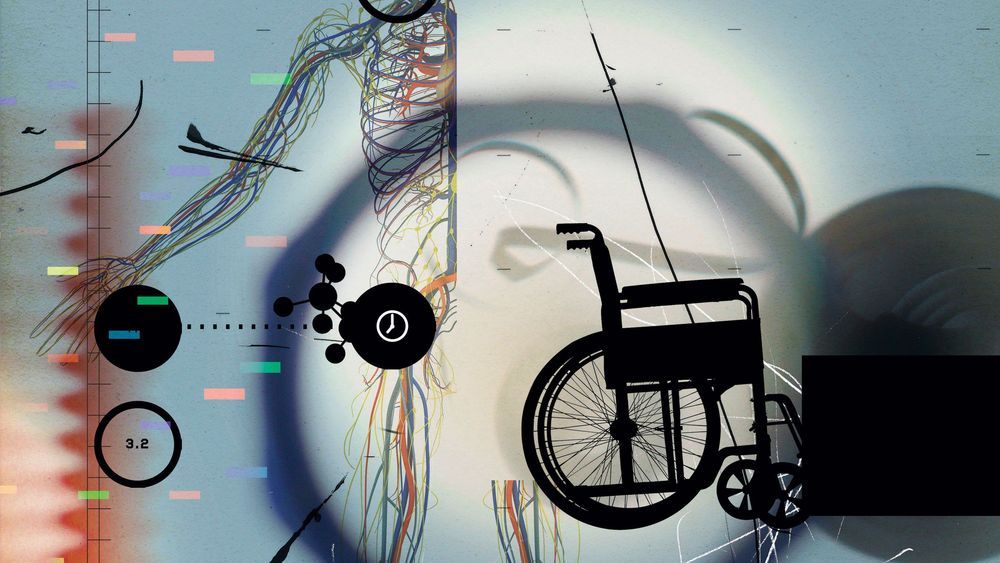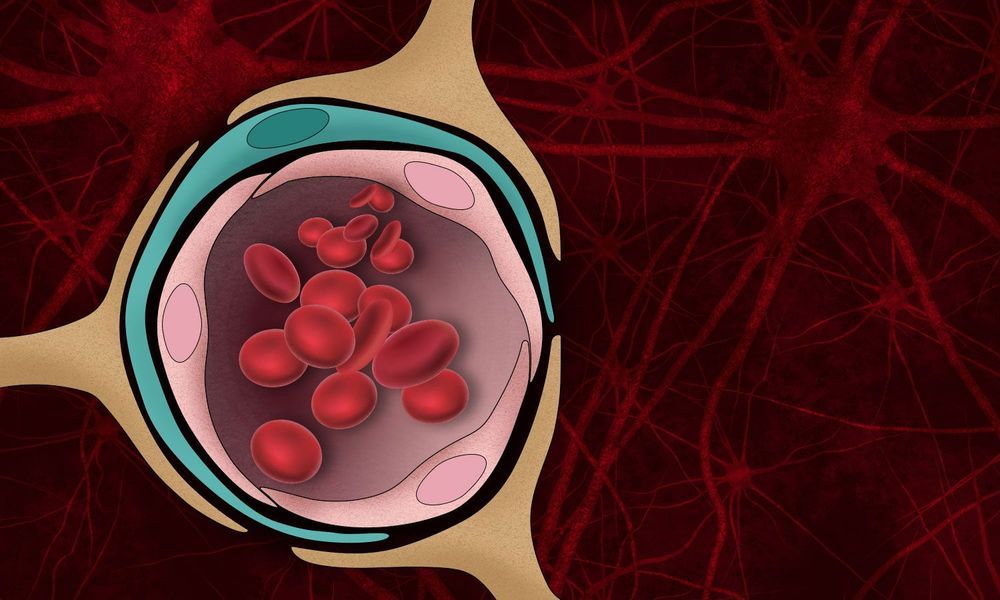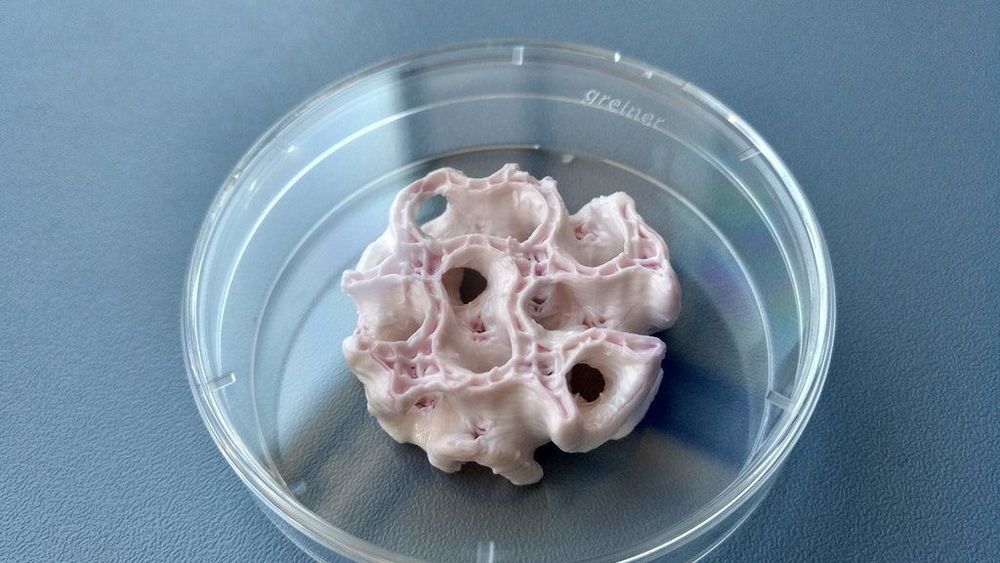Aug 19, 2019
Researchers enhance neuron recovery in rats after blood flow stalls
Posted by Paul Battista in categories: biotech/medical, genetics, neuroscience
Researchers at the Stanford University School of Medicine report in a new study that they found a way to help rats recover neurons in the brain’s center of learning and memory. They accomplished the feat by blocking a molecule that controls how efficiently genetic instructions are used to build proteins.
If the approach described in the study can be applied to humans, it may one day help patients who’ve suffered a stroke, cardiac arrest or major blood loss and are thus at higher risk of memory loss.
In the study, to be published online Aug. 19 in eNeuro, researchers induced extremely low blood pressure—as would happen when the heart stops beating—in rats. These rats lost neurons in a specific region of the hippocampus critical to learning and memory, but the researchers improved the animals’ recovery of the cells by injecting a molecule that blocks a microRNA: a short molecule that tweaks gene activation by preventing the conversion of genetic blueprints into proteins. Interestingly, the scientists found that a microRNA blockade potentially causes astrocytes—cells that support neurons and make up 50% of the cells in the brain—to turn into neurons.


















